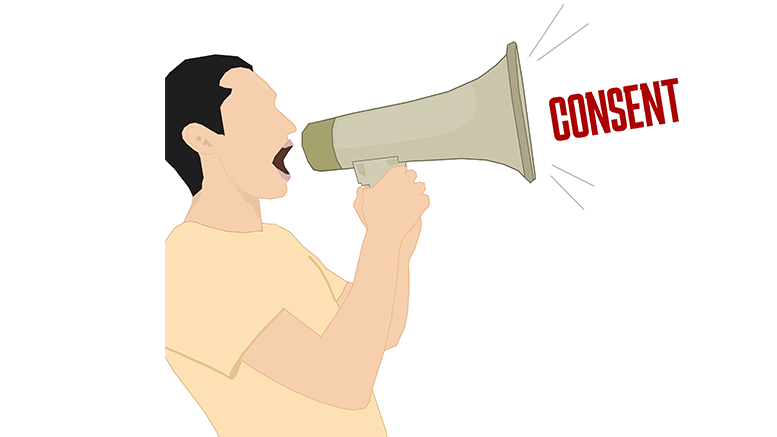Over the summer break, I was job searching on the UM Connect page and came across an advertisement for the position of Healthy Relationships regulator. As I did research on the job, I read about the Healthy Relationships workshop, which is peer-led and promotes an environment of consent on campus.
The idea of this workshop intrigued me. Growing up, I almost never spoke about sex. Even the sound of the word made me flinch. And so now, being older and seeing that sexual relationships and violence can be spoken about publicly and respectfully is refreshing. It challenges the ideas society gave me — that speaking about sexual violence is inappropriate and somehow more taboo than sexual violence itself.
Continuing these conversations is necessary. They are slowly removing the stigmas that surround talking about sexual violence. There are a number of reasons why people feel uneasy talking about consent and sexual assault. The first and most destructive to our community being the fear of not being believed. I think the amount of courage it takes to come out and speak about a traumatic experience should be applauded, but unfortunately, it is sometimes met with skepticism and judgment. Somehow, the victim is made to feel at fault instead of the aggressor by being labelled as either a promiscuous person or a liar.
Workshops like Healthy Relationships do not automatically fix the way the entire community views survivors, but they do provide a noncritical space for people to share their experiences. It is a safe haven for people to tell their stories without being concerned about a label that might be thrown onto them.
The safe space also extends to people who are less informed about consent. We live in a diverse community with people who come from all kinds of backgrounds. Some communities are less inviting of conversations about sexual violence. So, education about these topics may not have been offered to everyone growing up. Having a platform where you can ask questions and gain a real understanding of consent is important for people who have not been exposed to these conversations in the past. It allows them to ask questions, follow-up questions and even follow-follow-up questions if they need to. It ensures that people treat other people with respect in their relationships and are aware of the respect they are due.
The importance of platforms discussing consent is clear. However, certain etiquette is required to maximize the effectiveness of these talks. Empathy leads the pack. This involves being able to feel for people with a different experience than yours, not comparing the two or rationalizing anything. Empathy goes a long way in making spaces comfortable for all.
Closely following empathy is discretion. Many people do not want their story shared by anyone else, so it is important to respect that boundary. Anything anyone shares in confidence should be kept in confidence.
Lastly, respect. People’s experiences with consent and sexual relationships differ. While some people are more open about their experiences, others are simply not ready to share, which must be respected. No one should ever feel forced into prematurely sharing their story.
It is encouraging to see the increase in conversations surrounding consent and the continuous improvement of how they are handled.
While there are several things older generations can point out that we do wrong, I believe we do this right. I know our generation cares about sexual violence. We care about allowing people to feel heard and understood. We care about how safe people feel in our community, and we care about learning as much as we can to keep people safe in our community. It is not our ability to fight a war or write a paper without ChatGPT that gives me hope. It is our generation’s empathy and love that will exceed all expectations and leave a positive impact on humanity.


